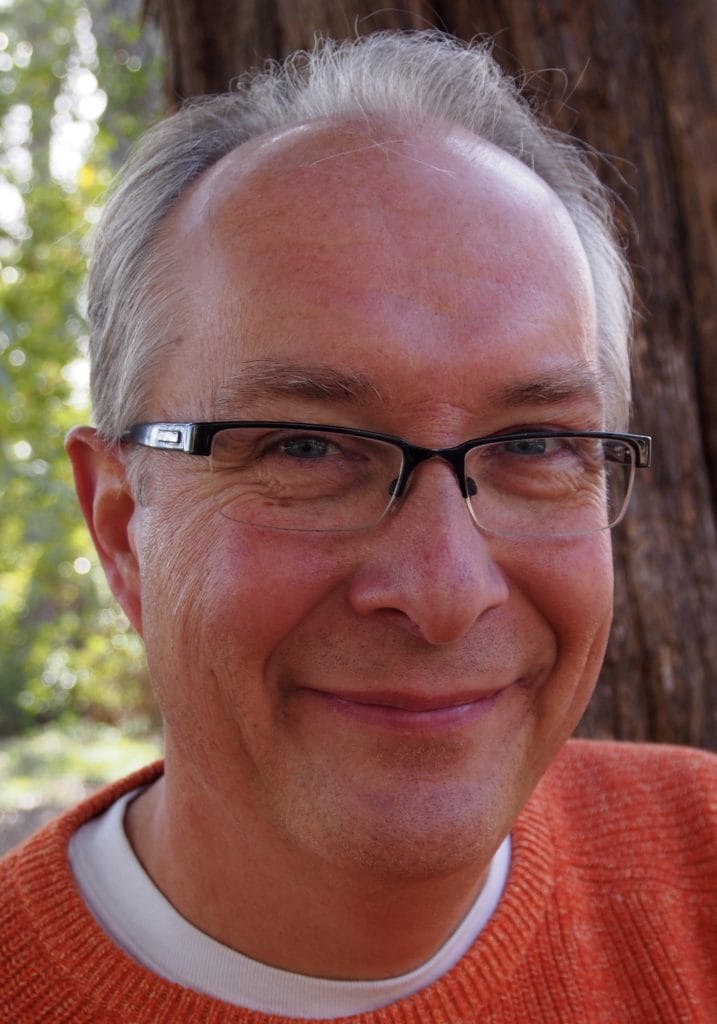By Tim Moore
Thomas Aquinas, the great medieval Catholic theologian, wrestled over the idea of whether faith or knowledge comes first: does knowledge create our faith, or does our faith enable us to perceive knowledge? For a long time I had been convinced that knowledge forms the building blocks of faith—that as we gain more knowledge about how the world works and a sense of right and wrong we then develop what we believe and practice. Now, I’m not so sure.
Despite living in a scientific age—one that Aquinas could never have imagined—it is common in our culture for scientific knowledge to be casually, if not dismissively, cast aside when it does not conform to personally held beliefs. Technology can instantaneously provide a vast amount of information with a few taps from our fingertips, yet too frequently it is used to reinforce ideas already held rather than to enable us to critically consider new knowledge. Racism, sexism, and homophobia stubbornly persist even when the biases and stereotypes that support them have been proven false without fail.
We see what we want to see. We believe what we choose to believe.
With all that the church and society face these days—Covid pandemic, racial injustice, climate change, opioid addiction, an immigration crisis, loneliness, church decline—it can feel like theology is no longer important. Who has time for intellectual abstractions when there are so many urgent needs in our communities? Yet possibly church and society have a greater need for theology than they’ve had in decades.
In six months the Alliance of Baptists will host their first hybrid Annual Gathering around the theme: Taking on the Cross: [Re]Imagining the Love of God. We are going to talk about theology, about core values and ultimate beliefs. But the Gathering will not be focused on intellectual abstractions. Theology helps us to name what we see by talking about what can’t be seen.
How Christians in this country talk about the Cross impacts the way they fight racism and white supremacy—for we cannot talk about the Cross without talking about the lynching tree. How Christians talk about the Cross impacts the way they fight sexism and stand for reproductive justice—for we cannot speak of the Cross without addressing patriarchy, surrogacy, and sacrifice. How Christians talk about the Cross impacts the way they empower the marginalized and fight injustice—for we cannot speak of the Cross without witnessing Jesus’ co-suffering with crucified peoples. How Christians talk about the Cross impacts the faith formation of young people trying to understand themselves and this world—are we truly loved by God as we are, or are we born defective, sinners for whom Jesus had to die? How Christians talk about the Cross affects the way they take communion, baptize new followers, observe Lent and celebrate Easter—for the Cross, as Amy Mears says in the forthcoming Alliance book on the topic, is “literally the crux of the matter.”
In a society that increasingly sees what it wants to see, perhaps diving deeply into theology is precisely what may be needed. Diving deeply into theology may be a way to ground us in ultimate values of love, justice, hope, and life. What we believe can still shape the world for good.
And it is something the church can offer our communities if it is up to the task.

Tim Moore is the Writer-in-Residence and former pastor at Sardis Baptist Church, Charlotte, NC. He is the author of Practicing Midrash: Reading the Bible as an Invitation to Conversation and one of the editors for the forthcoming Alliance book, Taking on the Cross: Reimagining the Meaning of Jesus’ Life and Death.





Recent Comments